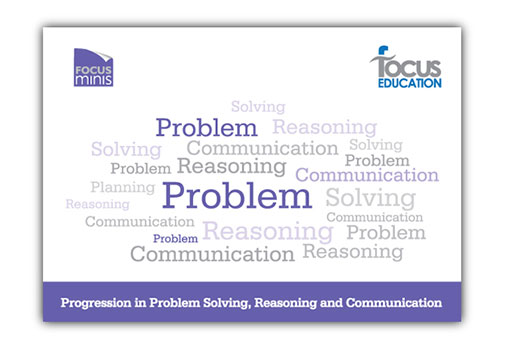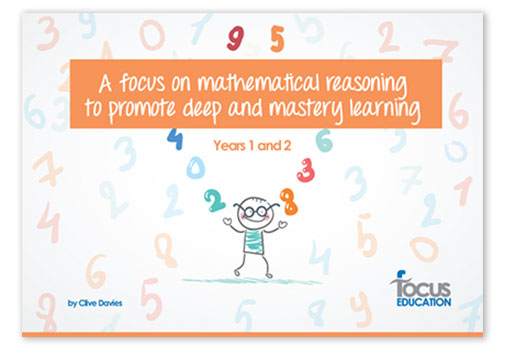
Euclid, Hypatia, Archimedes.
Pythagoras, Newton, Euler.
Fibonacci, Pascal, Somerville, Turing.
Mrs Emma Lacey from Redbrick Primary School.
Every one of them a mathematics pioneer. Every one of them a leading light in the sometimes dark world of numbers. Every one of them a calculating colossus, striding the landscape of three dimensional planes and leaping the chasms of mathematical uncertainty.
The thing is, not all of them are quite as well known or famous as the rest. Outside of Redbrick Primary School at any rate. At Redbrick Primary School Mrs Lacey is the best known of the lot. Everyone knows her, from Reception to Year 6.
Because not only is she a Year 4 class teacher; she’s also the maths subject leader. And because of this, she certainly hasn’t got the time to bother with inventing the triangle, sitting around under fruit trees with scant regard for health and safety waiting for inspiration, or shortening a major world conflict by an estimated two years or so whilst looking exactly like Sherlock Holmes.
She’s got other things to occupy her time. Aside from sleeping and eating that is. She has to lead her subject through times of rapid change and ever increasing expectation. And of course, teach a class of thirty-two 8 and 9 year olds.
Keep up to date
Firstly, Mrs Lacey keeps up-to-date. She regularly checks the NRICH and NCTEM websites and also the Ofsted ‘Good Practice’ webpage to keep informed and find ideas and resources to share with colleagues. She’s a member of the Association of Teachers of Mathematics for the same reason.
Maths Subject Knowledge
Mrs Lacey has worked hard to develop her colleagues’ subject knowledge. Initially this was exploring the changes to the national curriculum. More recently she has led sessions on defining mathematical reasoning and defining problem solving because she read that mathematical reasoning was not being taught as effectively in many schools across the country. She has supported her colleagues in planning progression in both these areas. (Perhaps she bought them each a copy of my Focus mini – ‘Progression in Problem Solving, Reasoning and Communication’ but it would be impolite of me to ask her).
And although Mrs Lacey is kind, approachable and patient with children and colleagues alike, always willing to give up her time, she is also not adverse to ‘using her elbows’ when she feels it is necessary. For example, last term she had noticed that maths was something of the poor relation in terms of display around the school. So she used some time in a staff meeting to ask colleagues if they had any forthcoming maths work that could be displayed. Mrs Lacey now takes photos of the high quality maths display that are much more common around the school- and they have to be high quality because everyone knows Mrs Lacey takes photos of them. She has used these photos to support NQTs as examples of what a good display might look like. She also modelled the use of maths working walls in her own classroom and helps colleagues develop their own, at the same time checking they are being used effectively. Yes, everyone certainly knows that Mrs Lacey is keeping an eye on how maths is presented around the school.
Maths Enrichment
Mrs Lacey has also worked to redress an imbalance she’d noticed in the school’s curriculum enrichment. The school always took part in World Book Day. (Who could forget Mr Woodgate dressing up as ‘Where’s Wally’ and the children not noticing any difference from his normal eclectic stripy wardrobe?) The school also organised an annual Art Week and regular sports events, but planned very little maths outside of the normal lessons. So now the school has a maths week every year. During the week each class explores a main maths question in depth with a range of subsidiary questions. The children present their findings to the rest of the school, explaining how maths helped them answer their questions and talking about the maths skills they found useful.
School Standards
Although a leader in a relatively small school and focusing on the needs of those pupils, Mrs Lacey is well aware of how school standards compare with the national picture. She understands RAISE and the trends it shows over time. She has also discussed the Inspection Dashboard with other members of the leadership team and knows in particular how disadvantaged pupils perform in her school compared to national. Her action planning is based on the needs of current cohorts, but grounded in the historic trends shown in the data.
Work Scrutiny in maths
Most recently, she has introduced more work scrutinies focusing on pupil progress rather than focusing on compliance with school marking, presentation or calculation policy. This is helping her and her team build up an understanding of what effective progress looks like over time, heading towards the end of key stage expectations. This helps ensure that the figures populating the school’s tracking system have validity, backed up by this joint scrutiny and moderation. Of course, the acid test of the accuracy of this system will be the first round of statutory assessment later this year. Until then progress in books is her key focus.
Finally, after all of that Mrs Lacey can go home and relax in a nice warm bath. But unlike one of her better known predecessors, if she does have another brilliant idea she certainly won’t be leaping out of the water and running down the street shouting about it, without ‘accidently’ forgetting to get dressed first. (Especially not after that hen party incident.)
But she will mention it in a staff meeting.
Which will inspire a teacher or three.
Who will in turn, make maths just a little bit more challenging or easier to understand for a child.
Who just might one day appear on a list like the one at the beginning of this blog.
Which has a nice, somewhat appropriate, rotational symmetry about it.
Continue the Conversation
For more information on maths in primary schools, keep an eye on the Focus Education blog, find me on Twitter @Focustn or get in touch with the Focus Education office on 01457 821 818.
Tim has been a headteacher with a successful track record; his last school had a reputation for innovation and their initiatives have been utilised by others and presented internationally.
School improvement has been at the heart of his career, working as an LLE, a School Improvement Partner, Professional Partner as well as an Ofsted inspector and mentor for trainee inspectors.









